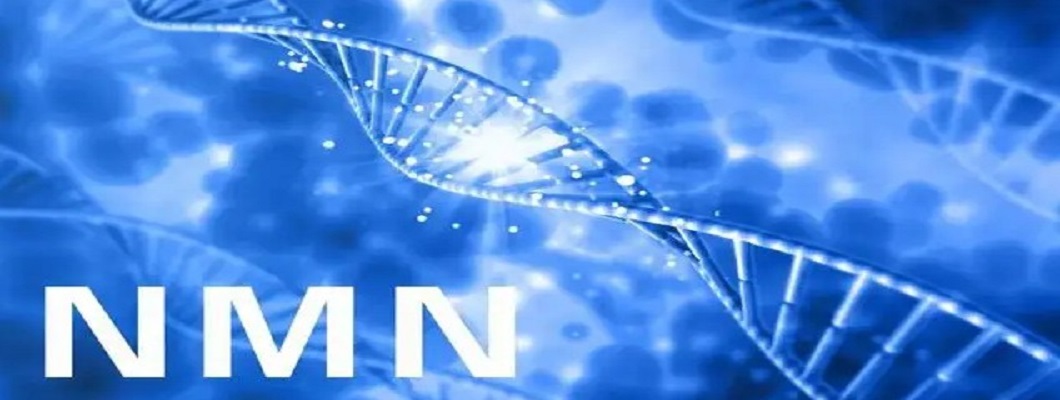
What is NMN ?
NMN, full name: β-nicotinamide mononucleotide, alias: nicotinamide mononucleotide, pH 3.0-4.0, is a naturally occurring biologically active nucleotide that exists in various organisms, and is also a cosmetic raw material, white to slightly yellow in color, crystalline powder, no obvious odor, needs to be stored dry and protected from light at room temperature, with a 24-month use period, chemical formula C11H15N2O8P, is the key intermediate of coenzyme I - NAD+ synthesis. At the molecular level, it is ribonucleic acid, the basic structural unit of nucleic acid RNA. Structurally, the molecule consists of a nicotinamide group, a ribose and a phosphate group.NMN is a direct precursor of the essential molecule nicotinamide adenine dinucleotide (NAD+) and is considered to be a key component in increasing intracellular NAD+ levels.
NMN is inherent in the human body and is also abundant in some fruits and vegetables. Since nicotinamide belongs to vitamin b3, NMN belongs to the category of vitamin b derivatives, which are widely involved in many biochemical reactions in human body and are closely related to immunity and metabolism.
What is NMN made up of?

NMN is short for β-nicotinamide mononucleotide, naturally occurring in living cells, and is a precursor of coenzyme 1 NAD+ (nicotinamide adenine dinucleotide). It can extend the life span appropriately. It is an important energy metabolite called nicotinamide adenine dinucleotide (NAD+) that really exerts an anti-aging effect.
NAD+ is involved in cellular respiration and facilitates energy metabolic processes (e.g. oxidation of glucose, lipids, amino acids). NAD+ is not only a coenzyme for hundreds of redox reactions in living cells, but it is also involved as a substrate in the regulation of cell survival, apoptosis DNA repair, immune response, circadian rhythm, and many other physiological functions.
NMN is a nutrient that is converted into NAD+ in cells, it is classified as a new type of vitamin B3 and goes beyond the effects of common vitamins and is considered a preventive and rejuvenating supplement for aging.NMN itself is a substance contained in the human body and is found in breast milk and foods such as mauve beans, broccoli, cucumber, cabbage, avocados, tomatoes, etc., but in very small amounts (0.25-1.5 grams per 100 It contains 0.25-1.88 mg per 100 g). Raw beef and shrimp, etc. also contain very small amounts (0.06-0.42 mg per 100 g) of NMN. So to raise NMN, you also have to supplement it directly from outside.
NMN itself is a naturally occurring substance in humans and living organisms. From the fact that breast milk contains NMN, it can be said that it is one of the first nutrients consumed by human beings at birth. NMN is also found in yellow and green vegetables, so unlike drugs, NMN is a food of natural origin and is safe. However, the possibility of individual effects like food allergies cannot be ruled out.
What is the effect of NMN?

NMN feeds into the production of NAD+, providing our cells with the energy needed to function. There are several factors thought to underly the aging process, a lack of cellular energy being one of them. Genetic instability resulting from DNA damage is also one of these factors. NAD+ plays a key role in activating enzymes that maintain DNA integrity, thus promoting genetic stability. Given its central role in these cellular processes, the potential benefits of boosting NAD+ with NMN extend to nearly all body systems.
David Sinclair, a Harvard professor of genetics, has suggested that NMN has the effect of reversing aging: by maintaining sufficient NAD+ in cells, it can maintain the self-repairing ability of DNA, so that the DNA damage caused by aging can be effectively repaired, thus inhibiting aging. The raw material of NMN is the precursor of NAD+, and taking NMN can increase the level of NAD+ in the body.
In 2016, Professor David Sinclair's experimental study found that mice aged 70 years old returned to their 20s after a week of NMN and lived 20 percent longer. The effects of NMN have been confirmed by numerous theories and experiments conducted by several scientists.
As adults grow older and their immune systems decline, people are more susceptible to illness and it is more difficult for people to recover from illnesses such as seasonal flu or even COVID-19. Recent studies have shown that NAD + levels play an important role in regulating the immune response and inflammation and cell survival during aging. This study highlights the therapeutic potential of NAD + for immune dysfunction.


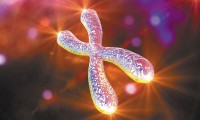
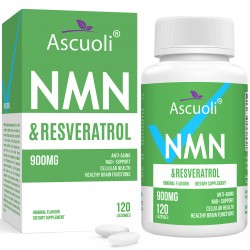
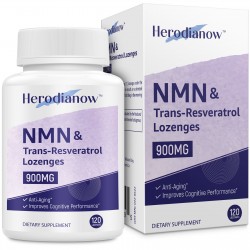
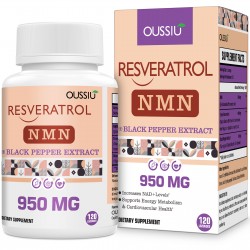
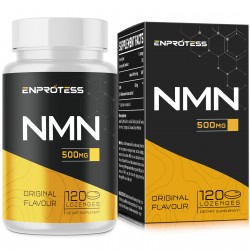
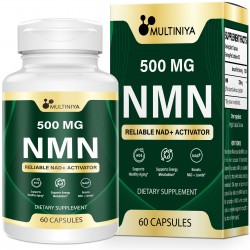
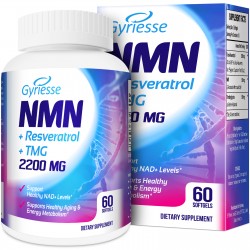
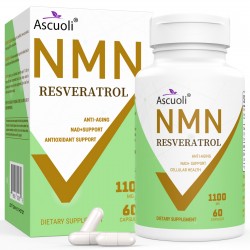


Leave a Comment